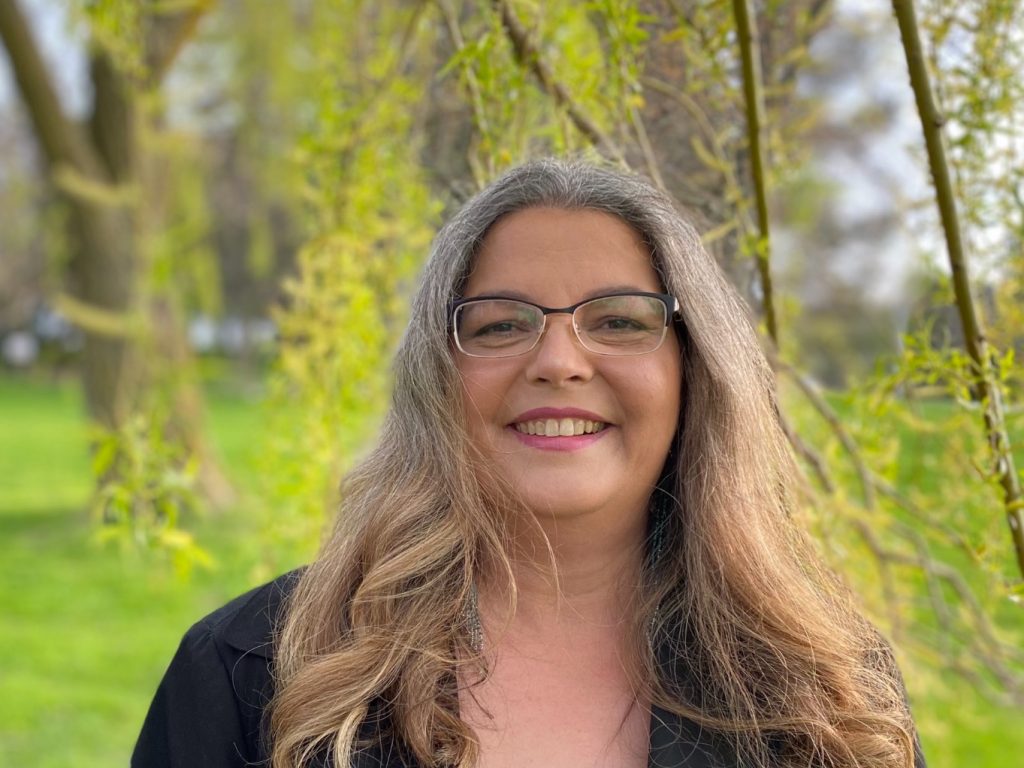Building a Learning Public Health System
August 23/2021Across the country, there are calls to seize on the disruption caused by COVID to create better, stronger health systems – not least to deal with the coming wave of disease that will be diagnosed later due to missed care during the pandemic. This has accelerated interest in intelligent health...
Meet DLSPH’s New Postdoctoral Fellows in Black and Indigenous Health
August 09/2021By Alisa Kim and Heidi Singer Six Black and Indigenous postdoctoral researchers are joining DLSPH – part of the School’s strategy to strengthen its research capacity in global and partner-driven Black and Indigenous health. Three of the new researchers are part of the DLSPH Black Postdoctoral Fellowship Program, a pilot...
Alternating Weight Loss Diets an Intriguing Strategy
August 09/2021By Françoise Makanda, Communications Officer, DLSPH Participants in a first-of-its-kind DLSPH study lost almost 10 per cent of their body weight following three successive and varying diets in less than two years. “Almost 80 per cent of participants lost a clinically significant amount of weight. This is important because losing...
The Undervalued Potential of Good Samaritans
 July 20/2021
July 20/2021
DLSPH researchers have found that the world is undervaluing a cheap and potentially significant way to save many more lives from car accidents, overdoses, cardiac arrest and common worldwide diseases like malaria: basic first aid. A research team led by a Toronto emergency physician conducted a literature review finding that...
A New Interim Director for the Institute for Pandemics
 July 15/2021
July 15/2021
Almost 20 years ago, Dr. Nelson Lee returned from postgraduate training in Vancouver to become one of the first infectious disease physicians in his native Hong Kong. A year later, in March 2003, his hospital became ground zero for the SARS outbreak. When Lee first identified the outbreak, over 138...
Dean Steini Brown’s Statement on Discovery of Unmarked Graves in Saskatchewan
June 24/2021Dear DLSPH community, Today, after learning about the 751 children discovered in unmarked graves at Marieval Indian Residential School in Saskatchewan, I am reflecting on what I can do to advance Reconciliation -- and what can be done by the Dalla Lana School of Public Health and the University of...
Scoping Review Highlights Lack of Research on Health Outcomes for Queer and Trans People in Lower Socio-Economic Status
June 23/2021By Françoise Makanda, Communications Officer at DLSPH Queer and Trans people living in poverty face poor health outcomes, DLSPH researchers discovered through an extensive scoping review of Canadian research. Discrimination and living at the intersection of several markers of identity that are associated with social stigmatization are underlying determinants of...
Vivek Goel’s Public Health Vision
 June 22/2021
June 22/2021
Prof. Vivek Goel – his career, and academic evolution -- is deeply entwined with the Dalla Lana School of Public Health and its emergence as Canada’s top public health school. As the former U of T provost and emeritus IHPME professor prepares to become president of the University of Waterloo,...
Meet DLSPH’s New Indigenous Health Lead
 June 21/2021
June 21/2021
Asst. Prof. Angela Mashford-Pringle, is DLSPH’s first-ever Indigenous Health Lead. She says her goals are “very simple”: “I want to create a safe and welcoming environment for Indigenous students, faculty, Elders and Knowledge Keepers and their guests.” But arriving at cultural safety might not be so simple. It means unpacking...
“A Golden Opportunity on a Silver Platter”: The Infectious Enthusiasm of DLSPH’s Digital Evangelist
 June 17/2021
June 17/2021
Asst. Prof. Francisco Ibáñez-Carrasco is DLSPH’s online engagement guru – a surprising new role for the long time AIDS activist and community based researcher. At 58, the Chilean-born former Vancouverite was asked to join the faculty to help professors – who are often much younger – learn how to teach...